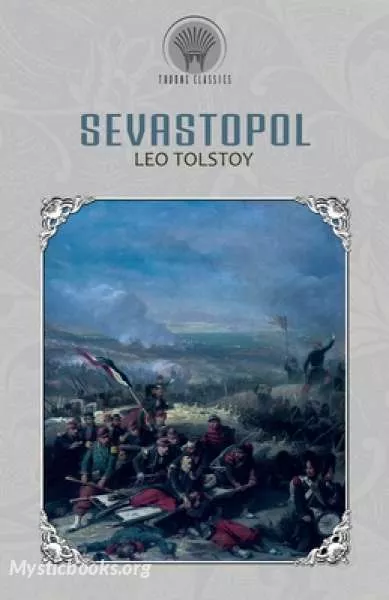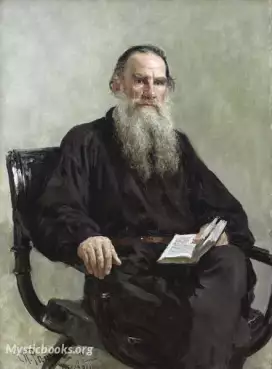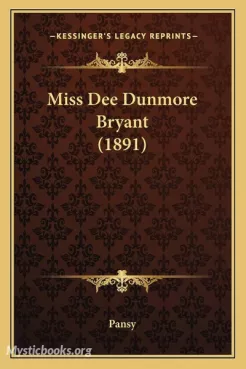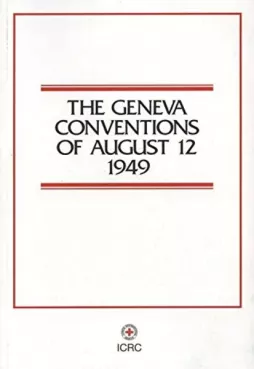
Sevastopol
by Leo Tolstoy
'Sevastopol' Summary
Sevastopol in December
In Sevastopol in December, Tolstoy uses second person narrative (with the pronoun 'you') in an introductory tour of life in Sevastopol. The detailed tour is arguably similar to one Tolstoy may have been given upon arrival in Sevastopol in November, 1854. As part of the tour, the narrator takes you through the dressing station, which is a makeshift hospital in the Assembly Hall. Here you find wounded soldiers, amputees, "some of them on camp beds, but most of them lying on the floor". Tolstoy also uses Sevastopol in December to introduce the reader to the settings, mannerisms, and background he uses in Sevastopol in May and Sevastopol in August. For example, when referring to the enemy, either the British or the French, only the French are featured in the Sketches; they are referred to as "'him', as both soldiers and sailors say" (Tolstoy 198).
Sevastopol in May
In Sevastopol in May, Tolstoy examines the senselessness and vanity of war. The story examines many aspects of the psychology of war, heroism, and the misleading presence of humanism in truces (misleading because countries continuously go to war with one another, despite past truces). Tolstoy concludes by declaring that the only hero of his story is truth.
Sevastopol in August
Sevastopol in August depicts the conclusion of the siege of Sevastopol and the eventual defeat and withdrawal of the Russian forces. The narrative alternates between following Mikhail and Vladimir Kozeltsov, two brothers who both fight and eventually die for the Russian side of the conflict.
Book Details
Language
EnglishOriginal Language
RussianPublished In
1855Authors

Leo Tolstoy
Russia
Leo Tolstoy was a significant figure in Russian literature, known for his novels "War and Peace" and "Anna Karenina." These works are celebrated examples of realist fiction, examining human experience...
Books by Leo TolstoyDownload eBooks
Listen/Download Audiobook
- Select Speed
Related books

Alice of Old Vincennes by Maurice Thompson
This captivating historical novel immerses readers in the rugged frontier life and tumultuous events of the Revolutionary War. Set in a small town on...

A.E.F.: With General Pershing and the American Forces by Heywood Broun
Heywood Broun's 'A.E.F.: With General Pershing and the American Forces' provides a firsthand account of the American Expeditionary Forces during World...

Miss Dee Dunmore Bryant by Pansy (Isabella Macdonald Alden)
Miss Dee Dunmore Bryant is a young woman with a secret. She is a gifted psychic, and she can see the future. But her gift is also a curse, as she is o...

The Winnowing Fan: Poems On The Great War by Robert Laurence Binyon
This little gem of a book contains twelve poems about World War I. There is more to it than its intrinsic value as verse. Edward Elgarset three of the...

Cupid in Africa by Percival Christopher Wren
This is an adventure story set in Africa during World War I. Bertram Greene, a young and naive intellectual, joins the British Army to prove his worth...

The Geneva Conventions of 12 August 1949 by International Committee of the Red Cross
The Geneva Conventions of 12 August 1949 are four international treaties that set out the fundamental rules of international humanitarian law (IHL) ap...

Submarine Boys for the Flag by Victor G. Durham
The Submarine Boys face a unique challenge when they are approached by both a German professor and a French Chevalier, each seeking their services. Th...

History of the Thirty Years War, Volume 4 by Friedrich Schiller
Volume Four covers the battle of Lutzen (November, 1633) to the death of Wallenstein (February, 1634) focusing on the reaction of the Protestant force...

Tijl Uilenspiegel in Vlaanderen by Jan Bruylants
Tijl Uilenspiegel is a beloved figure in Flemish folklore, known for his mischievous pranks and cunning escapades. This book, written by Jan Bruylants...

Monsieur Lecoq Part 1: The Inquiry by Émile Gaboriau
Monsieur Lecoq, a young and astute police agent, investigates a gruesome triple murder in a Parisian drinking establishment. Set amidst the turbulent...
Reviews for Sevastopol
No reviews posted or approved, yet...